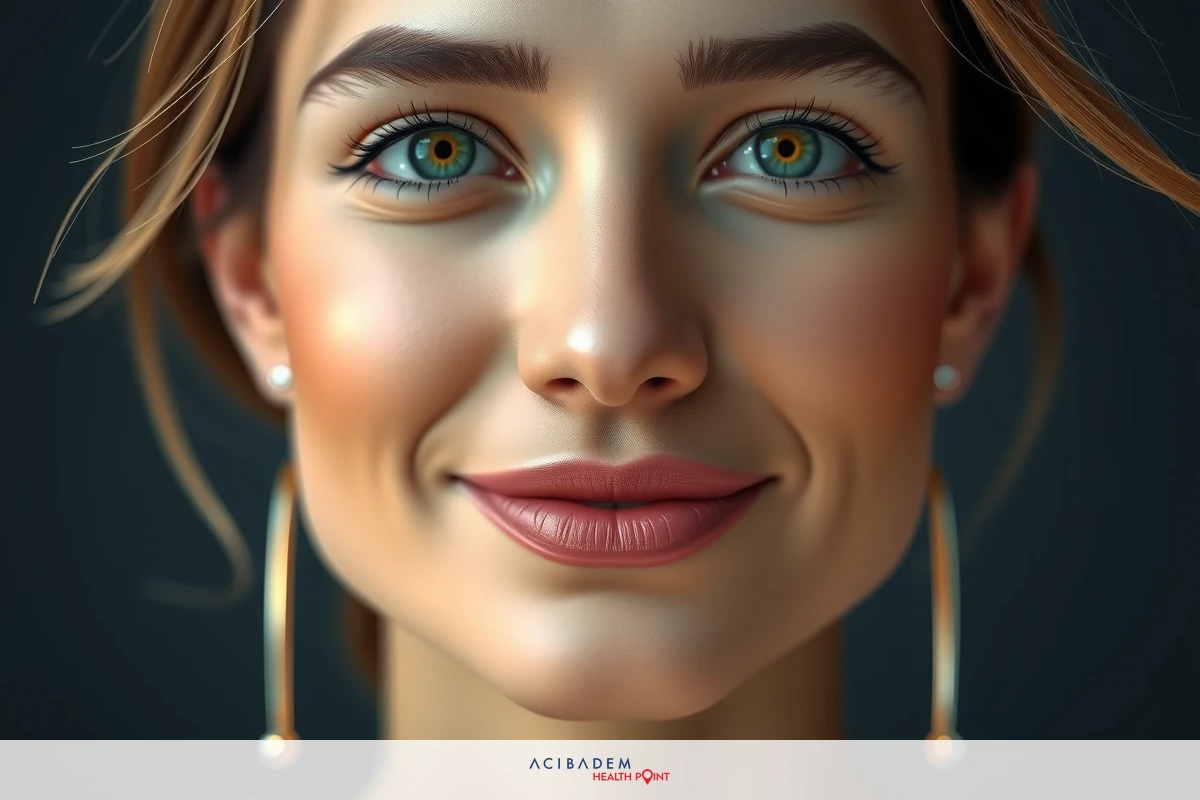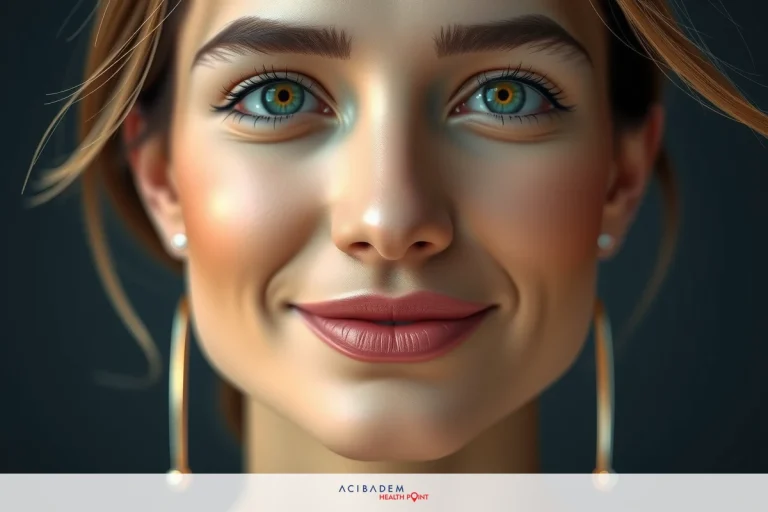Can Rhinoplasty Affect Your Other Facial Features?
Can Rhinoplasty Affect Your Other Facial Features? Rhinoplasty, often colloquially termed a ‘nose job’, can indeed have an impact on other facial features. The process involves altering the structure of the nose to meet aesthetic or functional needs. As a central feature of the face, changes to its shape and size can affect how we perceive the rest of our features.
While rhinoplasty focuses primarily on reshaping the nose, it triggers perceptions that extend beyond it. By adjusting proportions or correcting asymmetry, this cosmetic procedure may create an illusion of change in nearby features such as eyes and lips as they become more harmonious with the new nasal structure. Consequently, these perceived changes might be attributed to rhinoplasty’s indirect influence rather than direct modifications.
It is essential for those contemplating rhinoplasty to consult with their surgeon regarding potential holistic impacts on their facial appearance. A skilled plastic surgeon will consider not only your nasal aesthetics but also how alterations might resonate with your unique facial symmetry and balance.
The Rhinoplasty Perspective
Rhinoplasty is a surgical approach employed to modify the nose’s physical composition, enhancing facial harmony and proportions. It can correct impaired breathing caused by structural defects in the nose. The surgery alters bone, cartilage, skin or all three. While the degree of change varies from person to person, it’s undeniable that rhinoplasty can bring about massive transformations.
The impact of rhinoplasty extends beyond mere physical alterations; its psychological ramifications are equally significant. A successful operation boosts self-esteem and confidence for many patients who have long felt self-conscious about their noses’ size or shape. But remember: while cosmetic surgery may transform your appearance and bolster your self-esteem, it won’t necessarily change your life or solve personal issues you might be facing.
People often overlook how profoundly our nose shapes our face until they see beforeand-after photos of rhinoplasty procedures side by side! This central facial feature plays an integral role in determining other features’ perspectives—such as eyes and lips—that are seemingly unrelated to nasal aesthetics but undergo indirect transformation after this cosmetic procedure.
As with any surgical intervention, there exist risks alongside potential rewards when considering rhinoplasty. Hence prospective patients should approach this decision with careful thought and consultation with professionals well-versed in these particular surgeries—the plastic surgeons—who offer personalized advice based on individual aesthetic goals while prioritizing patient safety above all else.
Potential Impact on Facial Features
Rhinoplasty’s primary aim may be to modify the nose, but its impact often radiates outwards, subtly altering other facial features. It can create a ripple effect of aesthetic changes across the face. This is because our perception of beauty heavily relies on symmetry and balance—the cornerstone principles in aesthetics—and any modification in one area inevitably affects the overall equilibrium.
Consider how rhinoplasty could alter your eyes’ appearance. By refining the bridge or tip of your nose, it might make your eyes appear larger or more defined—not because any direct changes were made to them, but due to their relative positioning with an altered nasal structure. Similarly, if a large nose previously overshadowed your lips making them seem smaller than they are, reducing its size could potentially bring attention back towards those lips.

However fascinating this phenomenon might be—it also underscores why you must approach cosmetic surgery decisions thoughtfully: A procedure that modifies one feature like rhinoplasty will influence how we perceive others. Therefore, understanding these potential impacts is crucial for individuals considering this transformative journey—those who seek not just an aesthetically pleasing nose but harmony among all facial features enhancing their unique beauty.
Consulting Your Surgeon
The decision to undergo rhinoplasty is typically a significant one, filled with anticipation and perhaps some apprehension. It’s a transformative journey that begins long before the actual surgical procedure—starting with your initial consultation with the plastic surgeon. This meeting isn’t just about discussing practicalities such as fees or scheduling; it’s an opportunity to ask questions, clarify expectations, and establish trust.
Your surgeon will examine not only your nose but all facial features in this consultation session—the eyes, lips, cheekbones—to understand their interplay better and anticipate how altering the nose might indirectly influence them. They’ll take into account factors like skin type, age, ethnic background—all essential considerations for designing a customized treatment plan catering specifically to you. With these insights at hand—combined with years of training and experience—they can guide you on what changes could best enhance your unique beauty while maintaining harmony among different features.
Remember: open communication between patient and surgeon is critical for successful outcomes in cosmetic surgery procedures like rhinoplasty. Feel free to share any concerns or fears you may have regarding potential impacts on other facial features due to this procedure—it’s important information that helps your doctor tailor his advice accordingly! At the end of the day, their mission extends beyond conducting surgeries; they’re here to help patients feel comfortable throughout their transformation journey—from initial consultations right up till post-operative recovery.
Frequently Asked Questions
What are the risks associated with rhinoplasty?
As with any surgical procedure, rhinoplasty carries some risk. Possible complications include infection, bleeding, adverse reaction to anesthesia and dissatisfaction with cosmetic results. Other potential issues may involve difficulty breathing through the nose or numbness in certain areas.
How long is the recovery period after a Rhinoplasty surgery?
Recovery from rhinoplasty varies among patients based on individual healing rates and the extent of the procedure performed. Most people can expect visible swelling to subside within 3-4 weeks, although minor residual swelling might persist longer—up to a year—for more extensive surgeries.
Can I get an idea of how my face will look post-surgery before going under the knife?
Many plastic surgeons use computer imaging during consultations to give patients a sneak peek into possible outcomes following surgery. It's important to note though that these images represent approximations—not guarantees—of post- operative results.
Does insurance cover Rhinoplasty costs?
Insurance coverage for rhinoplasty depends upon whether it’s being done for functional reasons (like correcting breathing problems) or purely cosmetic ones—as policies typically don’t cover elective aesthetic procedures. Always check with your provider about what they do and don't cover before scheduling your surgery.











